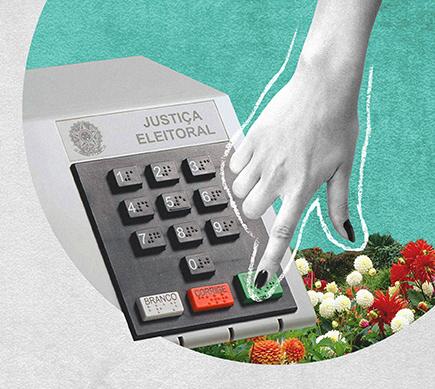>
World Affairs
image-credit
hello
The lowest of all financial lows is not being broke, but being broke and indebted. Oh! The sleepless nights, the attendant mental gymnastics, the incessant calls and letters of demand, the crushing weight of your heart once your creditor is within sight. It’s a lot! Being indebted is a nightmarish rollercoaster ride.
Who says it has to be so?
I like to start things off with definitions, just so we’re all on the same page. What is Debt? (Actually pronounced as “D-E-T”, the “B” sound is silent. You’re welcome!). In the financial context, a debt is simply a sum of money that is owed by one person to another and/or is due for payment. In all honesty, there is nothing inherently bad about debts. In the appropriate circumstance, they can be very necessary. A debt becomes bad when the person incurring it does so with mindless frequency, without purpose, strategy and a plan.
NB: Please bear in mind that we will be approaching this subject matter from the vantage point of a debtor as opposed to a creditor.
Fun Fact: Did you know that the world is highly in debt? In 2021, global debt reached a record $303 trillion. According to the Institute of International Finance, a global financial industry association. This is a further jump from record global debt in 2020 of $226 trillion, as reported by the IMF in its Global Debt Database.
Debts are incurred mostly by borrowing. People borrow for many reasons: to get an education, start a business, address a major health challenge, invest, acquire assets etc. Debts are also caused by poor life choices: gambling, addiction, spending more than you earn, fraud (that’s if you’re caught), extravagance etc.
When you borrow money and incur debts for a good and/or profitable cause with a solid plan to pay back, such debts are called good debts. On the flip side, when you borrow money and incur debts for whatever reason and you have no intention or solid plan to pay back, such debts are called bad debts. It does happen, as it does sometimes, that a good debt metamorphoses into a bad debt due to an unpalatable turn of events. For situations like this, all I can say is “life happens.”
Let’s talk about good debts
Choosing to borrow money may become necessary due to circumstances, and your approach towards it will determine if you’ll later call such a move a blessing or a curse.
One key quality people who are succeeding in their personal finances have is prudence. Prudence is one quality that informs keen financial choices and sponsors the discretion to take on debt strategically. But hey! No one’s perfect and even those who are known to always get it right get it wrong sometimes. However, they would make less bad financial choices compared to others, hence the perceived estimation of being successful in the first place.
Borrowing principles that lead to good debt
- Before making up your mind to call that person or make that loan application, please take out time to assess the situation. The following should be considered before turning to debts as a solution.
When deciding to borrow money, decide against borrowing for consumption (this should only be considered as a last resort). - Do not overestimate your risk threshold.
- Do your due diligence before taking the plunge.
- Have a solid payment plan before you even consider taking on debt.
- Realistically appraise your personal financial position.
- Let your word be your bond. Do not compromise your financial integrity with your insincere promises to pay back.
- Avoid exploitative and predatory money lenders at all costs.
- Use debt as leverage to grow wealth – in my opinion (in the absence of compelling occurrences), this should be the only reason people take on debts. It may appear counterintuitive because debt is seen as a downward pull on an individual's finances, but if used correctly and managed judiciously, debts can be used as leverage for more enhanced and significant returns. For example, an individual might take out a loan to buy an investment property that produces consistent income and goes up in price. This move would ordinarily boost such a person's net worth as the value of their asset ascends.
Final thoughts
Good debts often find expression in the good old saying: "It takes money to get money." But the way the world works today, it's seeming like it takes money to get almost anything done and sometimes having to incur debt might just be the right solution to a nagging need, so please, in all thy borrowing, please borrow wisely and be a good debtor.